Fermentation, an age-old culinary technique, transforms ordinary ingredients into extraordinary flavors and textures. With its rise in popularity, many food enthusiasts are eager to delve into the world of fermented cooking. From sauerkraut to kombucha, these tips will guide you through the fundamentals of fermentation, ensuring your journey is both enjoyable and successful. Learn how to harness the power of beneficial bacteria and elevate your culinary creations with these essential tips.
Start with Easy Recipes
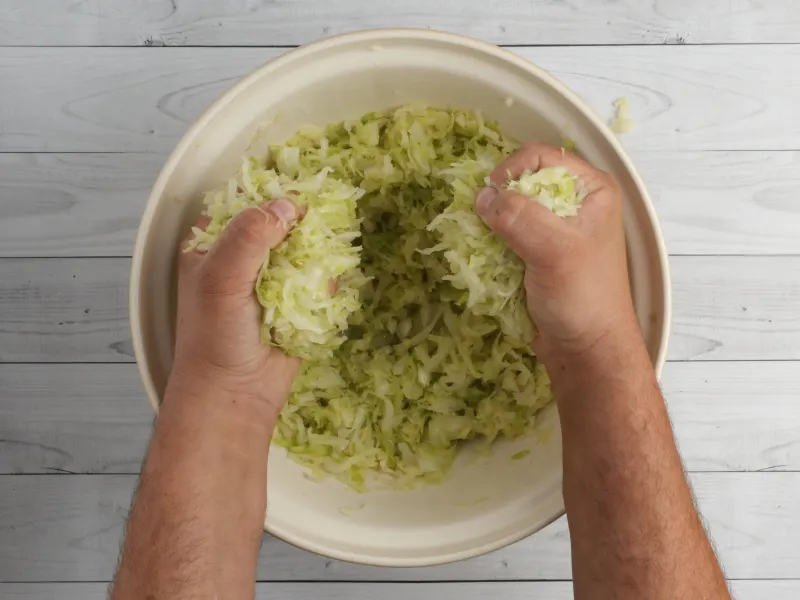
Beginning with simple recipes can help build confidence in fermentation. Sauerkraut is a classic starting point, requiring just cabbage and salt. Its simplicity makes it accessible to beginners.
Mastering this straightforward process lays a foundation for more complex dishes. Allowing yourself to get comfortable with basic fermentation techniques will enhance your culinary skills.
As you experiment with flavors, you’ll develop a personal touch. Embrace the process, and soon you’ll be creating more intricate ferments.
Understand the Science
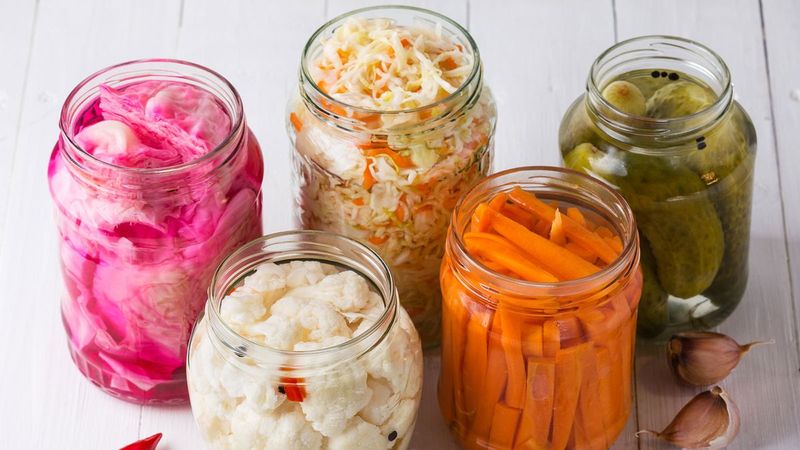
Understanding the science behind fermentation can demystify the process. Fermentation relies on beneficial bacteria, which convert sugars into acids, gases, or alcohol.
Grasping this concept empowers you to troubleshoot and refine your techniques. Knowing why certain conditions are necessary helps avoid common mistakes.
Armed with this knowledge, you’ll approach fermentation with confidence. As you become more familiar with the science, your culinary creativity will flourish, leading to more successful ferments.
Maintain Proper Hygiene

Hygiene is vital in fermentation to prevent unwanted microbes from spoiling your creations. Always use clean, sterilized equipment and wash your hands thoroughly.
It’s essential to keep your fermentation environment tidy. This reduces the risk of contamination and ensures the health and safety of your ferments.
By maintaining cleanliness, you’ll cultivate a beneficial environment for fermentation. This practice will become second nature, contributing to consistently successful results.
Monitor Temperature and Humidity

The right temperature and humidity levels are crucial for successful fermentation. Most ferments thrive in warm, stable environments.
If conditions are too cold, fermentation slows; too hot, and it may spoil. Monitoring these factors ensures your ferments develop correctly.
Investing in a thermometer and hygrometer can be invaluable. These tools provide insights into creating the ideal setting for your culinary experiments.
Explore Global Flavors
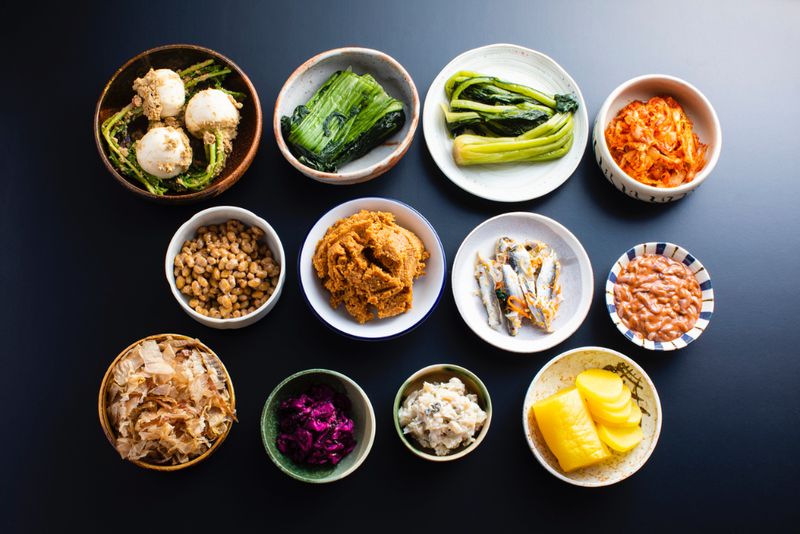
Fermentation offers a world of flavors waiting to be explored. Each culture brings unique fermented delicacies, from spicy kimchi to rich miso.
Experimenting with different global recipes expands your culinary repertoire and introduces exciting tastes. This diversity adds depth to your dishes.
Your appreciation for international flavors will grow, inspiring new culinary adventures. These experiences forge a deeper connection to global food traditions.
Patience is Key
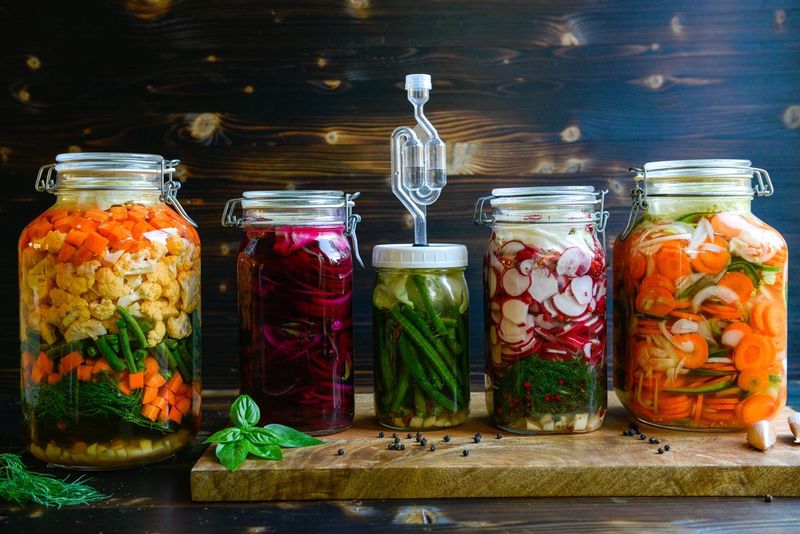
Fermentation is an art that rewards patience. Time allows flavors to develop and beneficial bacteria to flourish.
Rushing the process may result in disappointing outcomes. Embrace the waiting period as a part of the journey.
With patience, you’ll witness the transformation of ingredients into tangy, savory delights. Each successful ferment will be a testament to the value of time and care.
Label Your Jars
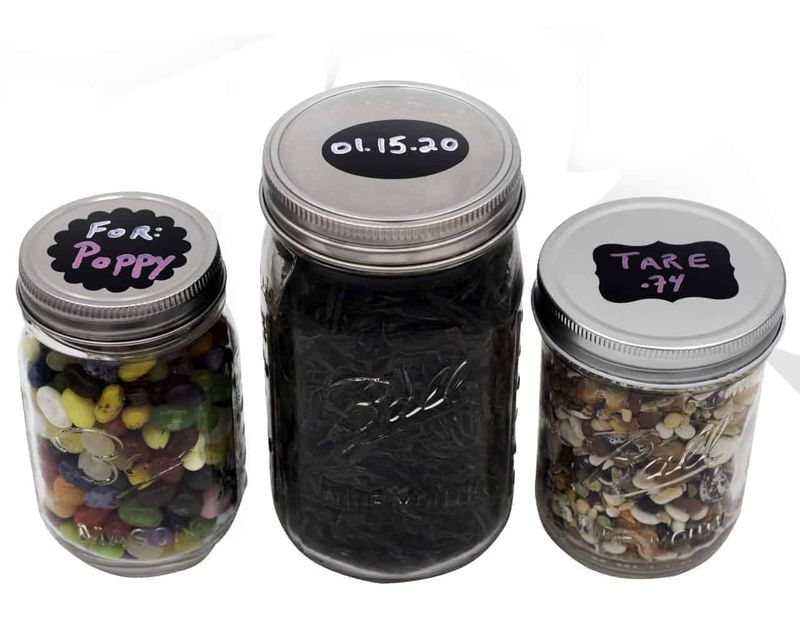
Labeling jars is a simple practice that brings clarity and organization to fermentation. Record dates, ingredients, and any variations on labels.
This practice ensures you track progress and replicate successful recipes. It also helps identify any changes that might improve future batches.
An organized approach to labeling enhances your fermenting experience, turning chaos into creativity. It empowers you to refine your techniques with precision.
Taste Test Regularly
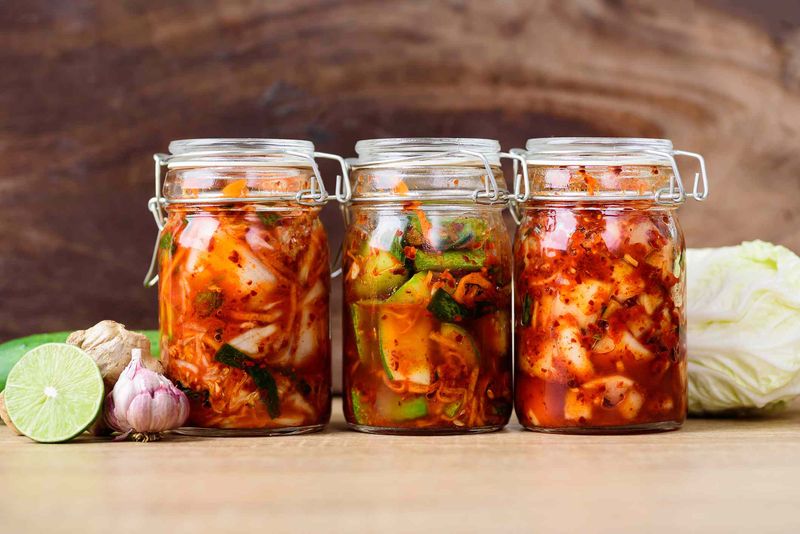
Regular taste testing offers valuable insights into the fermentation process. Tasting helps determine when the flavors and textures are just right.
Engaging your senses allows for adjustments, ensuring the outcome meets your preferences. This proactive approach enhances your fermenting skills.
Through tasting, you’ll develop an intuition for timing and flavor balance, transforming you into a confident fermenter with a personalized touch.
Use Fresh Ingredients
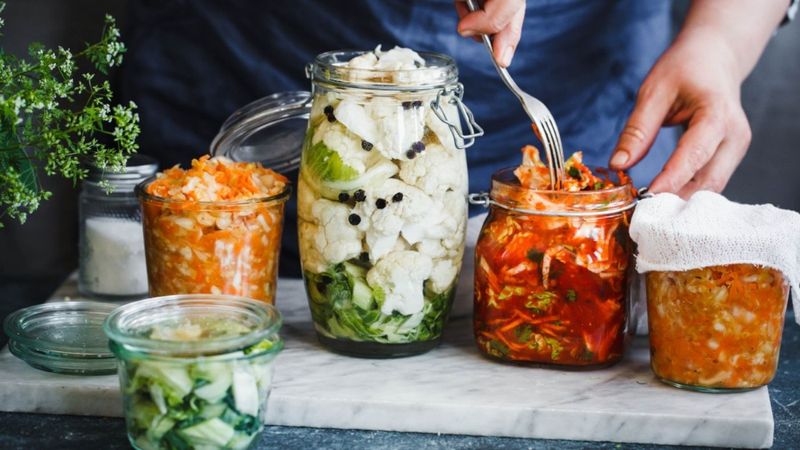
The quality of your ingredients profoundly impacts your ferments. Fresh, organic produce yields superior flavors and textures.
Prioritize local, seasonal ingredients to enhance the taste and nutritional value of your creations. Freshness prevents unwanted spoilage.
By selecting the best ingredients, you’ll ensure each ferment is a testament to nature’s bounty. Your dedication will shine through every bite.
Embrace Mistakes as Learning

Mistakes are inevitable but valuable in fermentation. Learn from each error and refine your techniques.
Every failed attempt provides insights into improving future batches. Embrace these lessons as stepping stones to mastery.
With perseverance, you’ll turn challenges into triumphs. The wisdom gained enhances your skills, making you a resilient and adaptable fermenter.
Join a Community
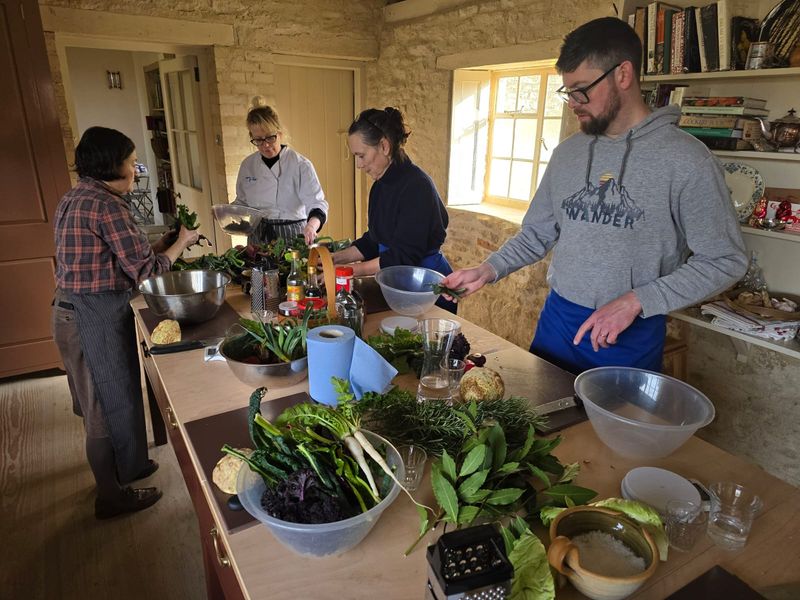
Joining a community of fellow fermenters offers support and inspiration. Sharing experiences fosters a sense of belonging and encourages growth.
Engage in discussions, exchange recipes, and seek advice from seasoned fermenters. These connections enrich your understanding and boost motivation.
A strong community provides a platform for collaboration and creativity. Together, you’ll explore new horizons in the art of fermentation.
Leave a comment